Life of Code
This book review is an introduction into the next chapter of Imaginational Theory; IT 04: Picture-in-Picture explained .*
*[PiP] Picture in Picture: one programme is displayed on the ful screen at the same time as one or more other programmes are displayed in inset windows.
Training level: Test ¦ Difficulty: Professional
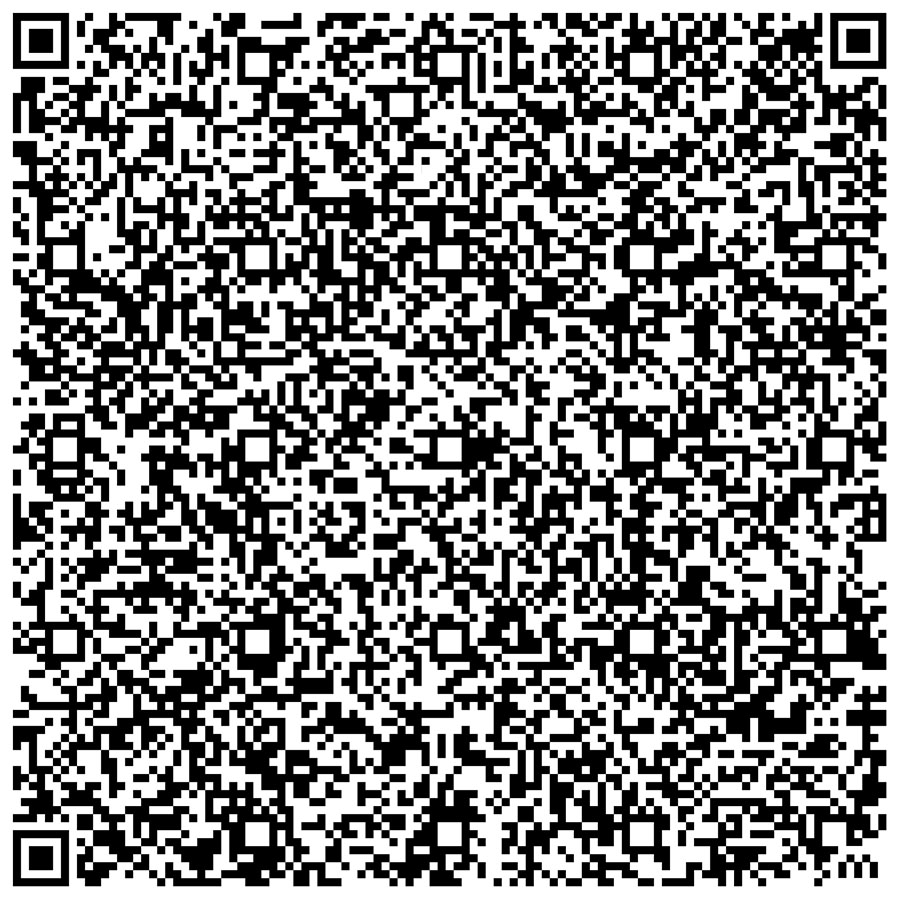
'The Code of Life', an illustrated story by 1BIT© first published in 2021, is among his most ‘Bitanian’ tales, bearing the influence of 'Señor B.' in a number of key aspects. At that time 1B was working as a digital-paper-pusher drawing plans for our build environment on a scale of 1 to ∞. ‘The Code of Life’ reflects the sense of futility in all human endeavour which B. was currently feeling.
You might wonder after looking around carefully; but what does 'The Code’ mean?
You can experience ‘The Code of Life’ here before proceeding to our summary and analysis of the code below.
Code : Life = Abstract Summary
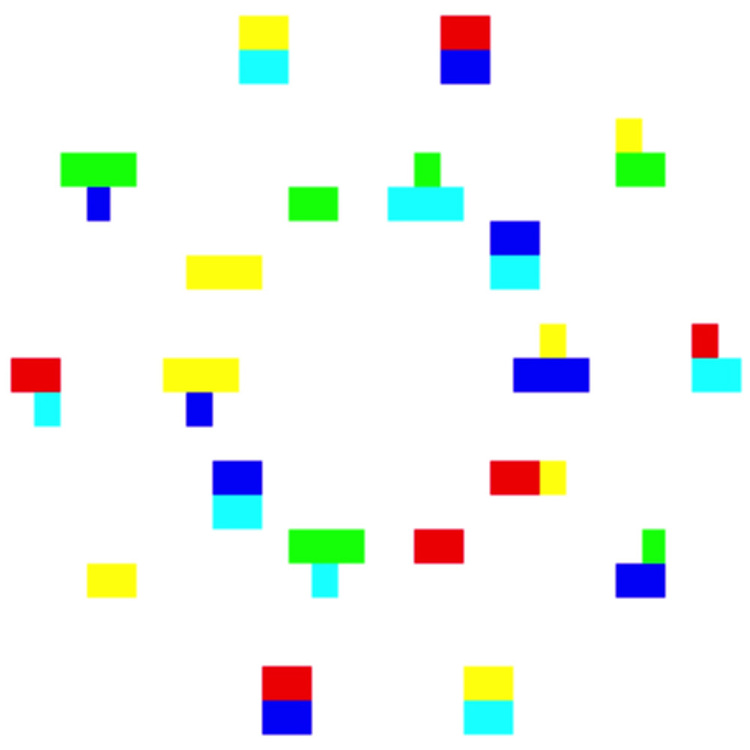
Variations in circle (2021), M. ©
"Apparently you can create a code if you put your phone ahead a month." – 210801_Anonymous
B. the narrator tells about the Great-Give-Away, not far away, but right here in Argo (the new namesake of an ancient western desert region but, we assume, a distinct and fictional country, not to be confused with Zagor). Right now, people would enter the 'give-away' for free [gratis], in the hope of winning a code in return.
Unfortunately, the GGA soon developed into something more, while being only partially successful in its primary state. It was for free yes, but not everybody was willing to participate freely yet.
To make it more appealing to human nature, people entering the give-away might either win the possibility to travel again or incur public degradation instead.
Monsieur M.: Why would this make the giveaway more appealing?
Because people did not want to appear cowardly by failing to enter it. They feared degradation, or worse, public humiliation. Peer pressure led to more people paying to take part, with the target not to become a falling angel.
In future time, collective states running the GGA of © (Great-Give-Away-of-Codes) replaced the smaller fines, with bigger fines, and in due time imprisonment. Those who had received the wrong code would go to jail, simply for having the wrong code that had been drawn at random. Soon thereafter, other punishments were introduced.
Lower classes from poorer states couldn’t enter the GGA of C. because this kind of lingo was only limited to rich westerns. Soon the minorities demanded participation.
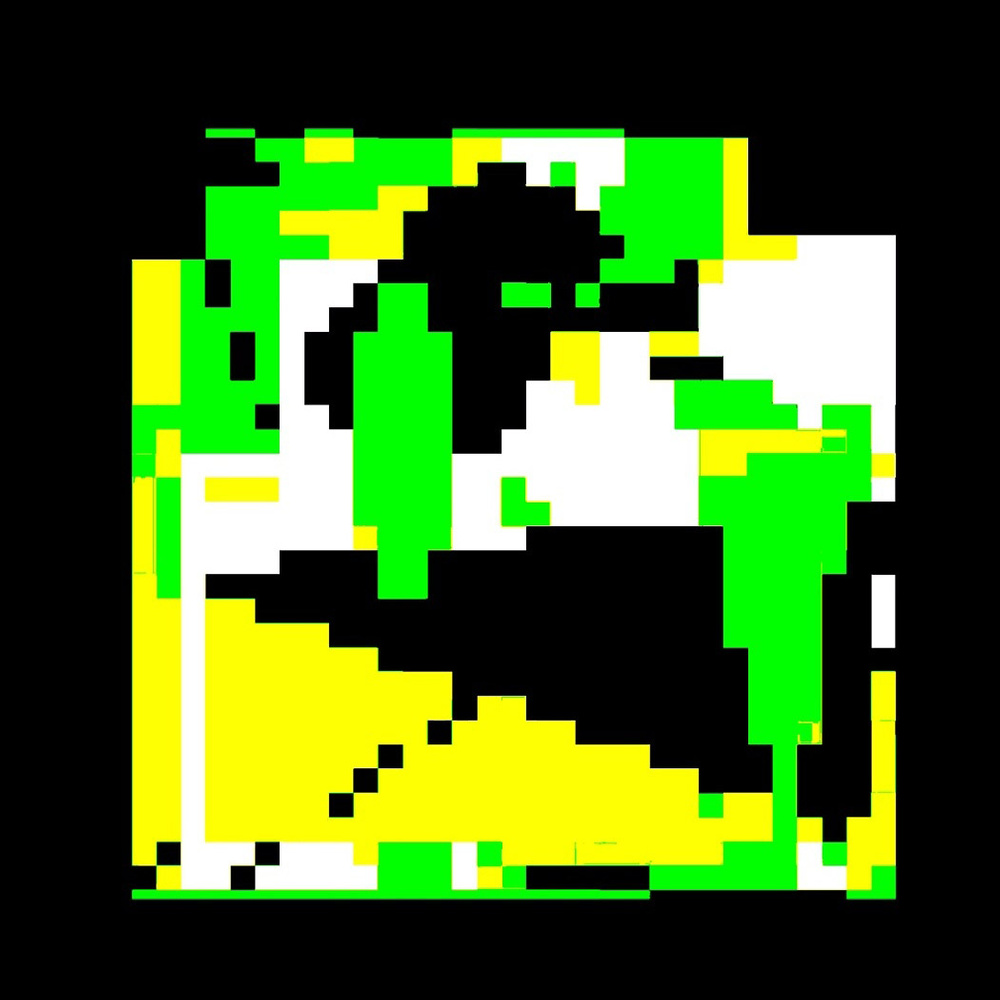
The narrator states the turning point; an illegal immigrant, without any money of his own, stole someone’s code, which just so happened to be one of the unlucky codes to be generated on random, carrying the ‘prize’ of having one’s tongue chipped. By chance, the law of the land also stated that having one’s tongue chipped was the punishment for stealing a code. The people of Argo saw this as a sign that the GGA of © wasn’t generating codes at random, and they won their right to be automatically entered into the code generating system.
The States which ran the GGA of © became, in a sense, The Company™, because it had power over every single citizen, as everyone was a participant in the Great-Give-Away.
The extremes between nice prizes and nasty surprises, as it were, became more pronounced: at one end, a lucky winner might be promoted to the highest office in Agorsk (Capital) while at the other end, they might be killed.
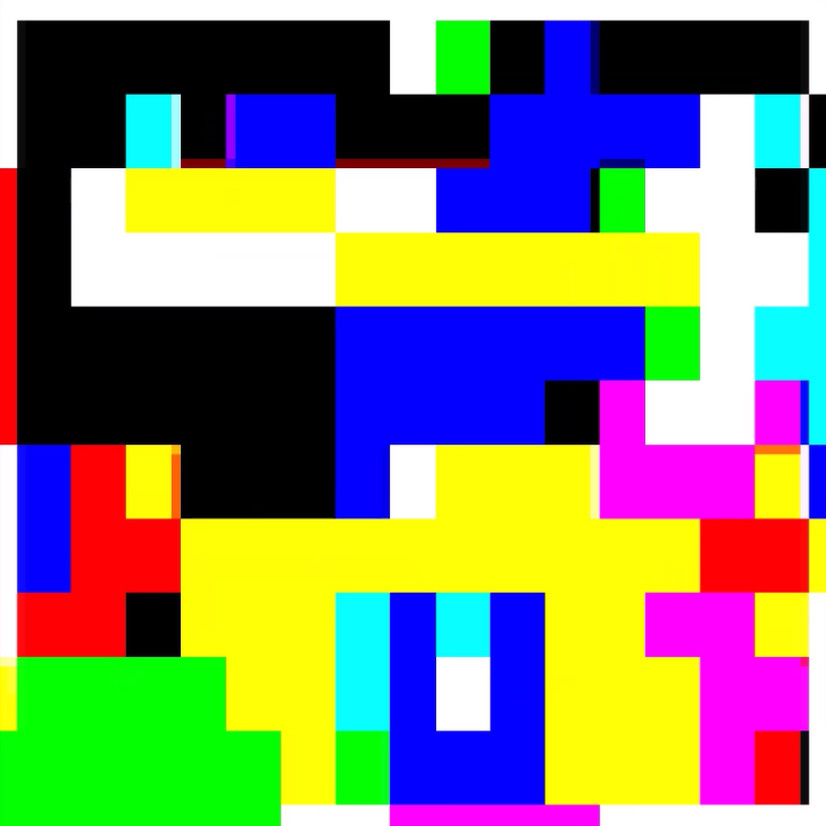
However, this led more people to believe that the outcomes were merely random, and not necessarily tied to the give-away itself. Someone might die and it would be a coincidence that they had drawn an ‘unlucky’ ticket bearing his or her own fate. The Company™ launched a propaganda campaign to convince the population that they, The Company™, controlled everything. People started to believe it was so, and that even random chance was somehow controlled by ©™.
And ©™, in turn, realised that the people had given them permission to take over control of every aspect of daily life. The number of code drawings in the database, which determined every outcome of every citizen in the digitized library, became ‘infinite’.
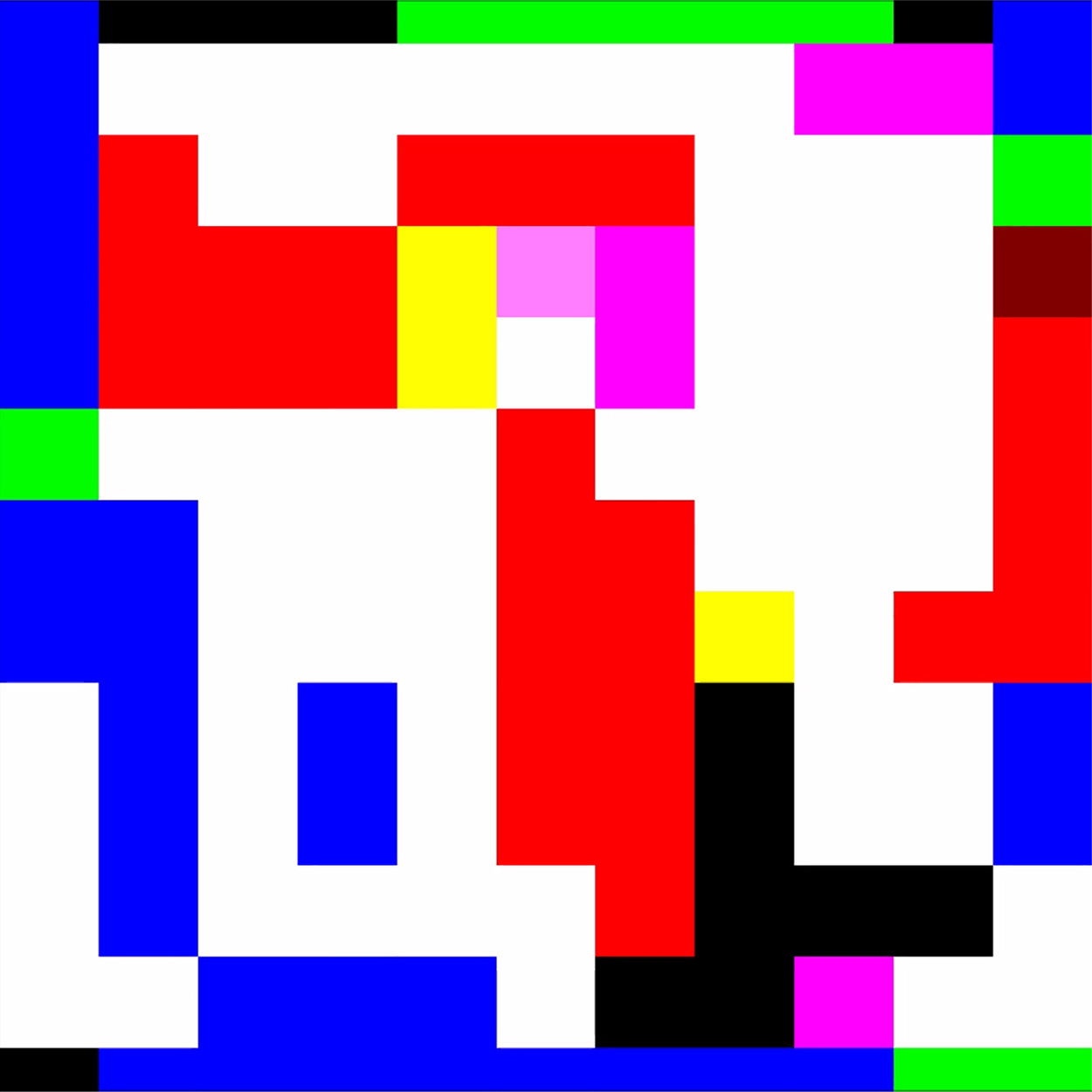
What happens, then, is that the Great-Give-Away transformed into ‘life’: the lingo supposedly determines everything, even the ‘errors’ and discrepancies found in books, essays, images and videos (even between copies of the same book). Creating and spreading falsehoods is actively encouraged. Indeed, it even becomes possible that The Company™ [©™] no longer exists and that everything that has happened since its dissolution is just a genuine random chance. By contrast, it is possible that companies are now more powerful than ever and control everything.
Code [Life] : Analysis
The Butler, in a persuasive analysis of ‘Code of Life’ in 1B’ Short Stories: A Listener's Guide (A Reader’s Guides), describes this story as an allegory of totalitarianism. We should bear in mind the world was raging when B. wrote the story, with mass pollution, deforestation and extreme winged politics all on the rise.
There was also political upheaval in 1B’ former home country of the Netherlands. But he also points out that it is the people of Argo who encourage The Company™ to take over every aspect of their daily lives; this has been interpreted as reflections of M.’ (reputed) belief that the western people were exhausted of the hyper-capitalistic cycles in a time 1B visualized ‘The Code of Life’.

So, rather than just being a story about totalitarian political power, ‘The Code of Life’ invites us to ask important questions about human agency. Even setting aside totalitarian regimes, how much control do we have over our lives? And those things which we don’t have control over: are they merely the result of random chance?
Bella (herself): Pull the String! Pull the String!
To restrict the analysis of ‘The Code of Life’ to one-dimensional politics is to do the story a disservice. On a deeper level it is about the human instinct, to see things as more than mere blind chance, to attribute a guiding hand or a controlling force to events which are in fact the result of mere coincidence.
2B: Really, are they?
A death from natural causes becomes impossible in Argo because ©™ ‘must’ be behind all things. Even nature itself, such as the number of flakes in a snowglobe, is supposedly controlled by The Company™ through its lingo.
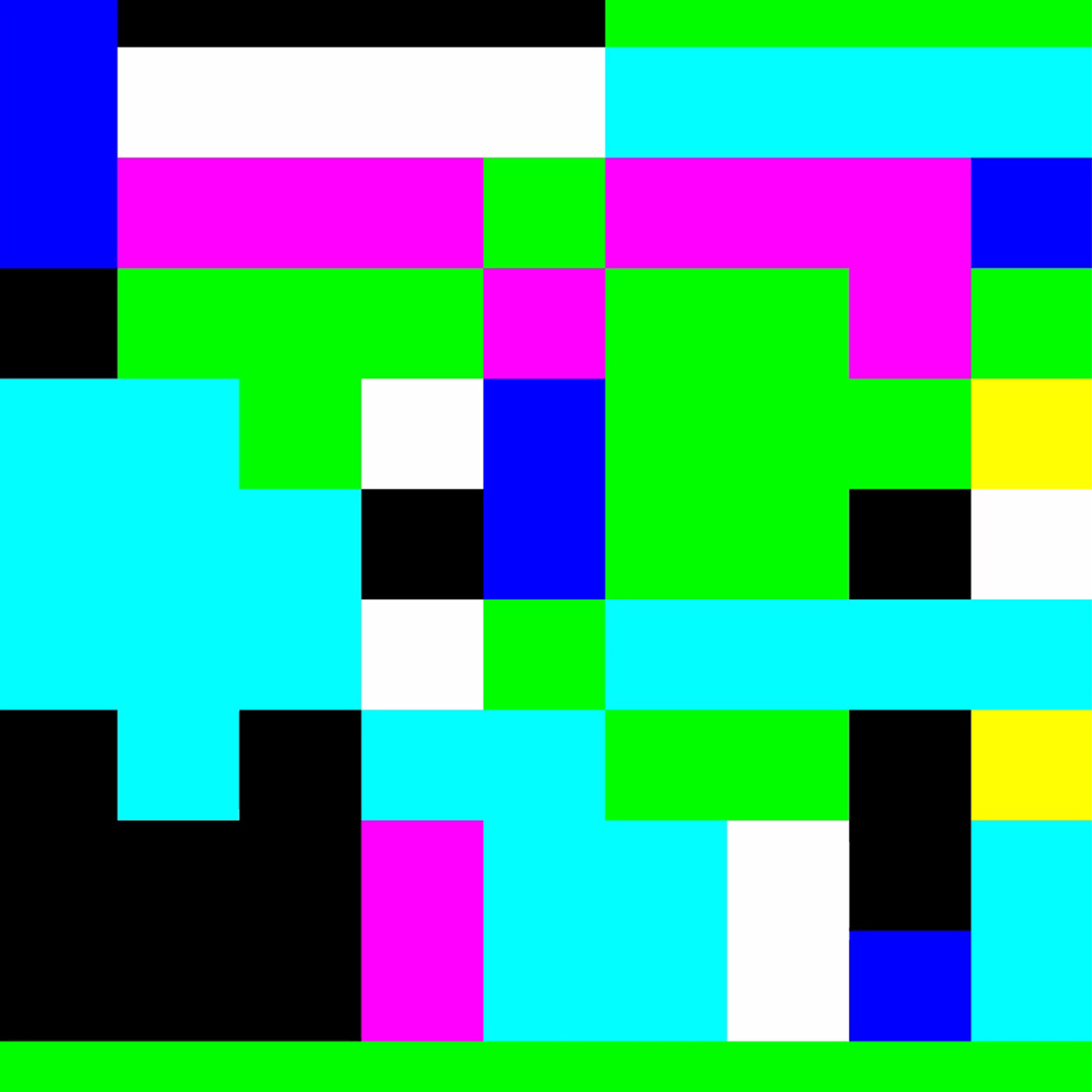
We humans don’t tend to like random chance: we want there to be a reason for things that happen. If we experience good fortune, we want to believe it is because we did something to deserve it: perhaps its karma paying us back for some good deed we did, or perhaps our hard work and diligence paid off and we’re finally being rewarded, however indirectly. Similarly, if something terrible happens, we don’t want to believe it was just bad luck, but that someone was responsible, someone who perhaps, we feel, needs to be held to account.
We like to look for patterns, but we are also hard-wired to believe that everything happens ‘for a reason’.
“You’re going around the corner and you discover the man you have never seen before. You know it doesn't have to make any sense. Bingo!”
We don’t have to look too hard to see alchemistic allegory in ‘The Code of Life’. Things that just happen aren’t allowed to be arbitrary or random: people need to attribute them to something bigger, some powerful force that's in control. In religion, it is a god or gods; in Argo, it is the mysterious Company, which we could easily read as an allegory for either totalitarian political regimes or capitalistic powerhouses.
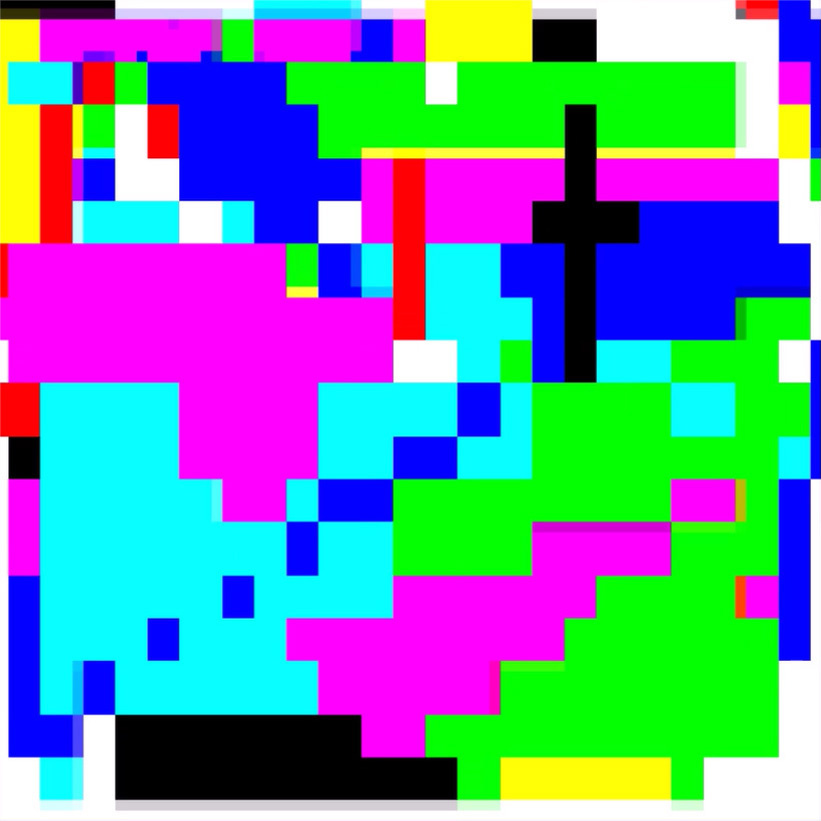
But there’s more to it than that. For in M.’ s story, although The Company™ controls everything, who wins or who loses in a bingo (or who really gets the grains of sand in his eyes, i.e., incurs a heavy penalty) is down to chance. If it weren’t, it wouldn’t be a true story, which must be random. It is, to use the correct adjective, aleatory: pertaining to chance. So, at the heart of ‘Col.’, we have his recurring trojan horse: the paradox.
Bridge player_88: “I've had more numbers on my back than a bingo board.”
The outcome of a bingo must be random, but entry into it is automated, suggesting that every aspect of everyone’s life is being controlled. Another prominent theme, that of the infinite, comes into play as ©™, rebranded as Ⓜ, extents its power and determines everything through lingo: the number of drawings on a square becomes truly infinite.
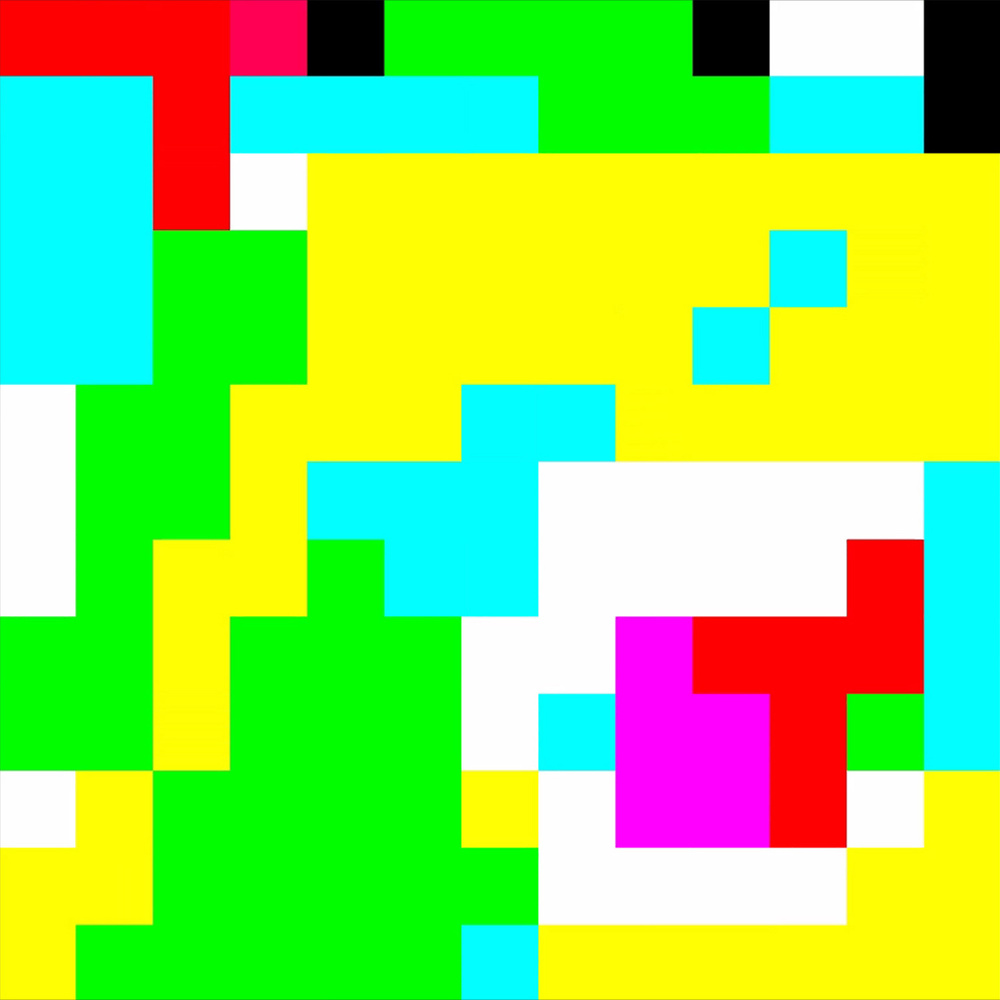
Life of Code by Marcel Moonen. 07.2021 [EDUCATIONAL PURPOSE ONLY] Triple-A Society, M. Production